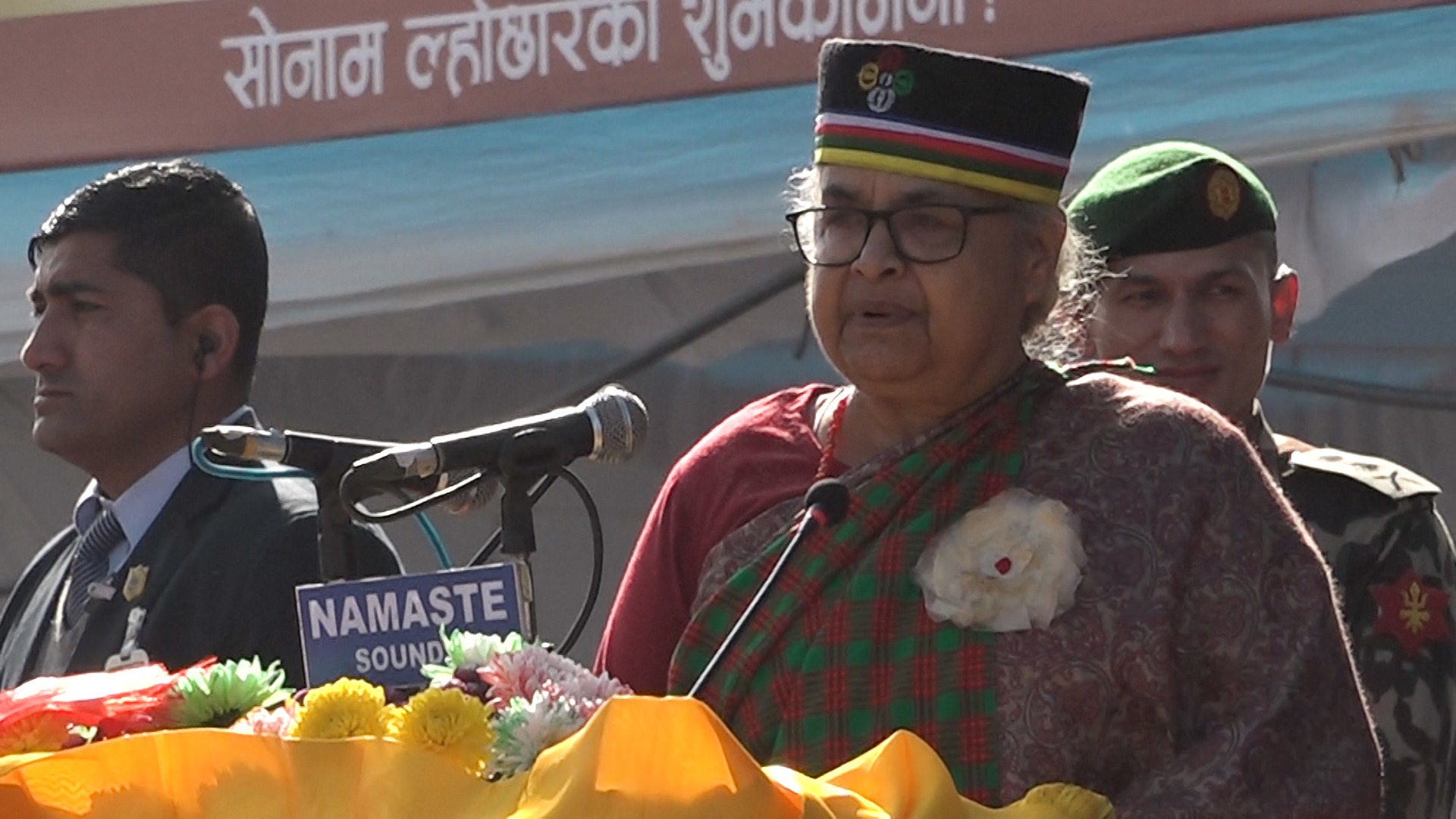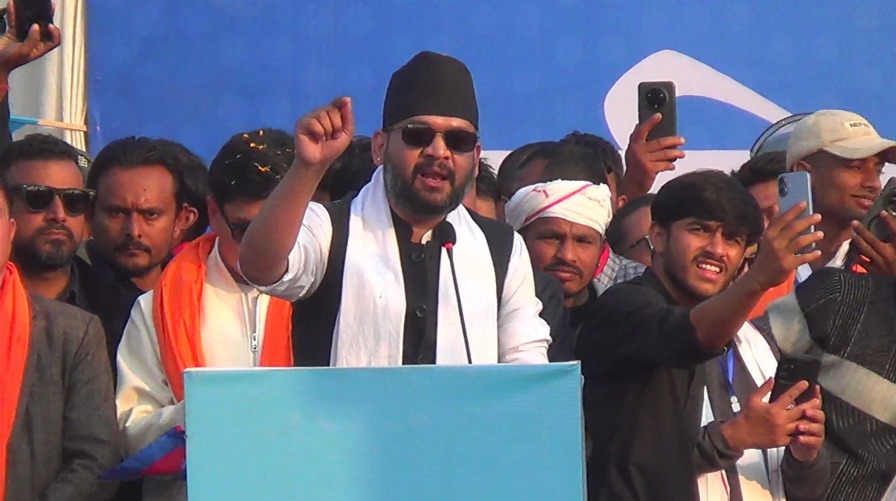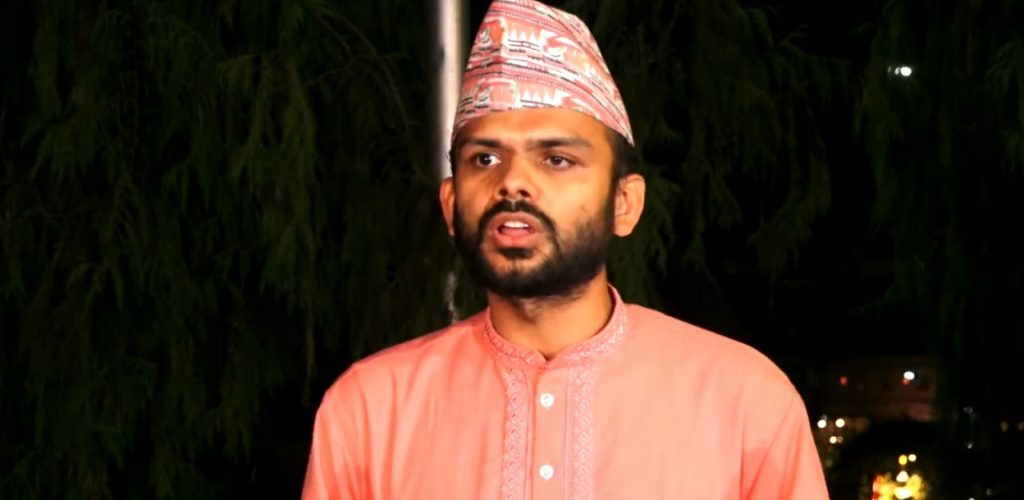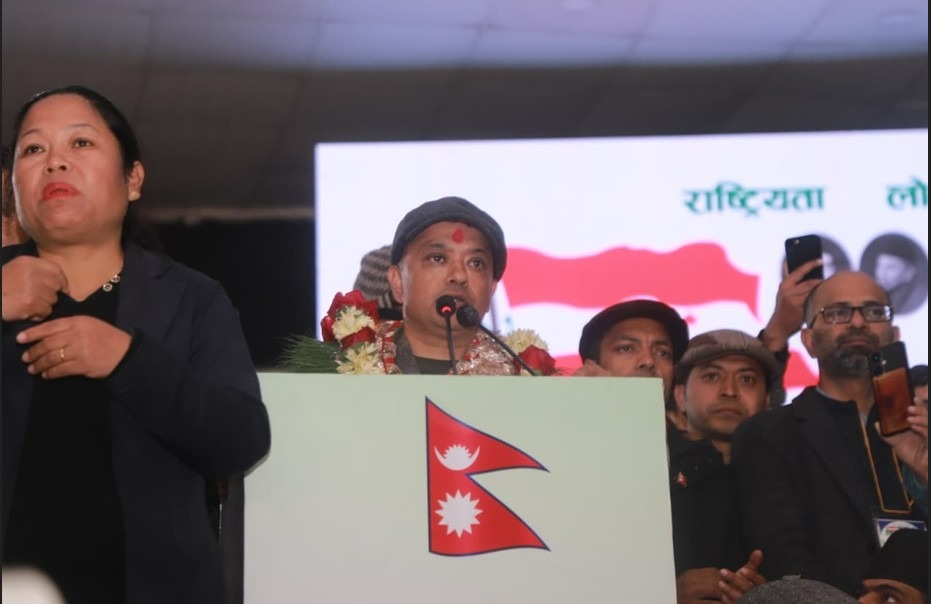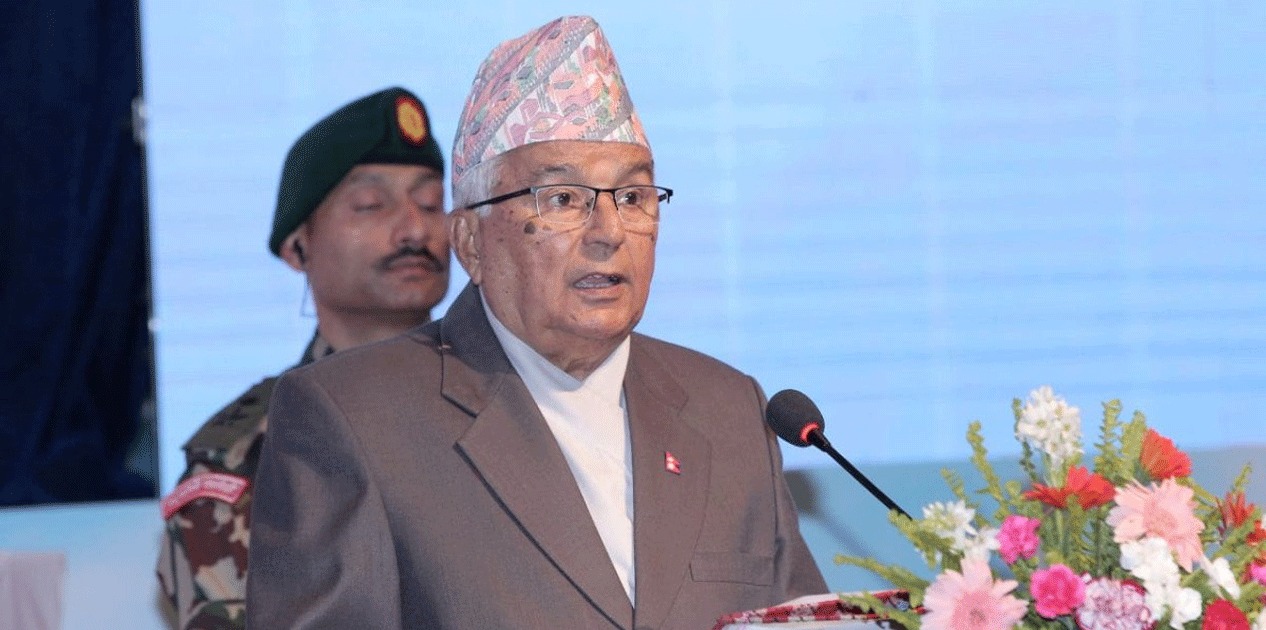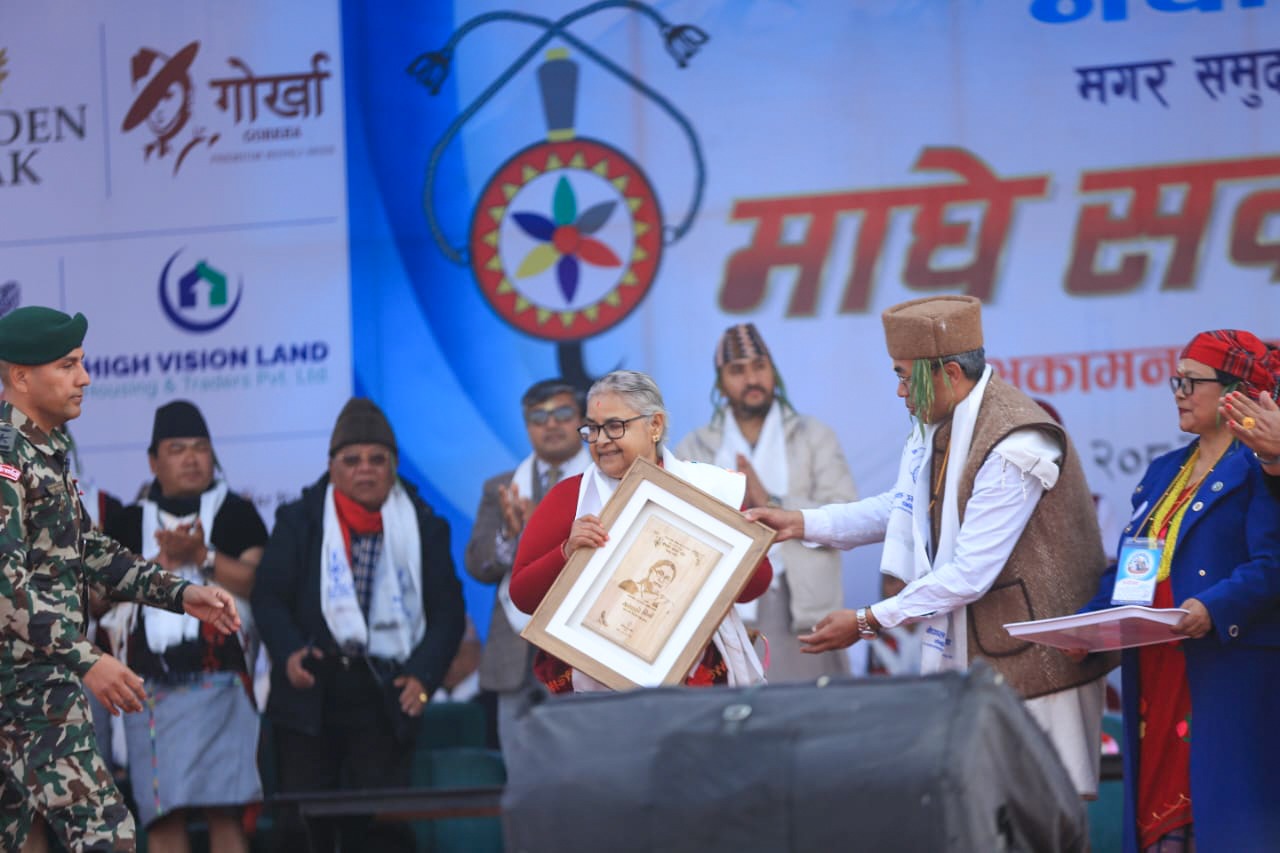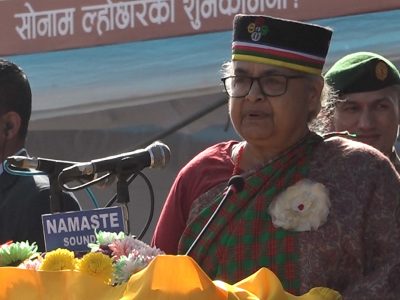Nepal, Pakistan oppose India’s claim for Basmati in EU
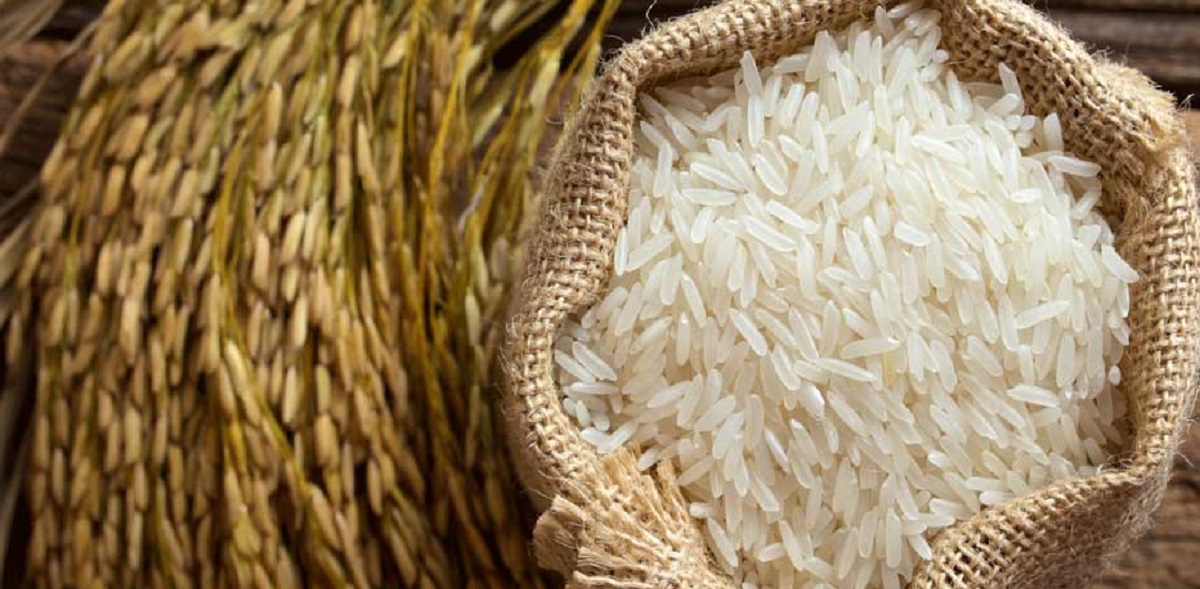
Kathmandu. Nepal has filed its opposition against the Indian application to European Commission (EU) for granting exclusive rights on the use of Basmati rice in EU.
GI status is used to mark a product out to consumers as having “qualities, reputation or characteristics relating to its place of origin”.
Dr Hari Bahadur KC, spokesperson of the Ministry of Agriculture and Livestock Development, informed that Nepal has countered Indian claim on the GI of Basmati rice stating that it is a local product of Nepal too and that no country solely can demand a patent and a trademark for the rice.
Nepal has protested to India’s claim on Geographical Indicator (GI) of Basmati rice in EU with ample proofs on Wednesday, Dr KC said.
The Indian government had submitted an application three months ago at the EU for sole geographical indication (GI) status for the long-grain aromatic rice which, if accepted, would recognize it as being grown exclusively in India.
The Indian claim has angered Pakistan and the Rice Exporters Association of Pakistan (Reap) has filed a Notice of Opposition on Monday (Dec 7) in the EU.
The Pakistan government has officially filed a similar notice on Wednesday as Thursday (Dec 10) is the last date for opposing Indian claims under the EU laws.
Pakistan’s exports of Basmati to the EU have almost doubled in the last five years. The importers and customers in EU appreciate Pakistani Basmati more than that of India due to its exotic aroma, sweeter taste and soft texture and above all in terms of food safety including pesticides which has resulted in increased demand, said Samiullah Naeem, a leading rice exporter.
India had sought protection of Basmati rice as a GI product in the EU in a malicious attempt to deter Pakistan’s growing export and appreciation of Basmati, exporters said.
Earlier India had tried to seek GI status for pashmina but Pakistan’s objection had prevented India from holding the international trademark right of pashmina which would have otherwise disallowed Nepal to export pashmina goods to other countries. India however has managed to hold Kashmiri pashmina as its brand.
India’s receiving the GI status for Basmati would also affect Nepal as it would affect Pakistan, albeit in a small scale. Therefore, Nepal and Pakistan both have opposed to India’s GI claim. They want to prove their point that Basmati is not exclusive to India and they must be allowed to share the rights to use and trade the long grain Basmati in EU and elsewhere.
Facebook Comment
latest Video
Trending News
- This Week
- This Month


